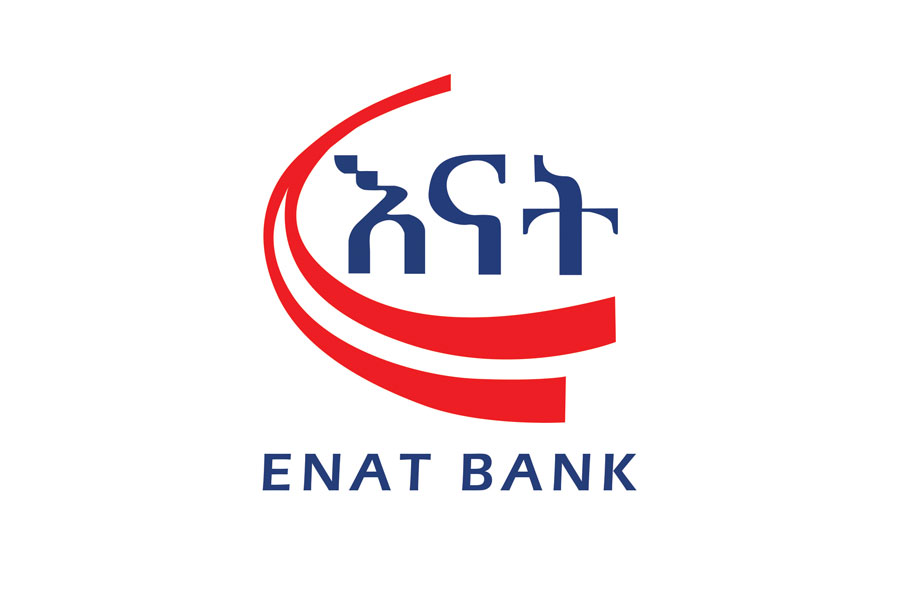
Fortune News | May 14,2022
Oct 30 , 2022
By Million F. Wondmagegnehu
Women constitute half of society. They are conversation points in daily discussions and research concepts. Their contributions to and responsibilities for society remain unrecognised, for they are seen in a family setting. Their roles have been limited to household chores and raising children.
Promoting women's equal participation in society has received global support through international and regional conventions.
However, women's contributions to economic development and political stability are enormous. Their empowerment for gender equality can realise economic growth as they contribute more than 35pc to the global GDP.
Casual observations of their hustles and bustles in Addis Abeba show that engaging unemployed women in small-scale businesses create job opportunities for many.
There should be a focused policy approach, such as affirmative action, to unleash their potential and contribute to society.
However, affirmative actions have no clear and universally accepted definition. Many have attempted to define them to fit their narrative. But the phrase refers to acts that try to bring members of under-represented groups, usually those that have suffered discrimination, into a higher degree of participation. It is defined as policies or programs designed to eradicate discrimination and encourage under-represented groups to reach and unleash their potential.
The motivation or purpose behind affirmative action is to redress the adverse effects of the actual or perceived discrimination that is regarded as unfair.
The prominent researcher in the field, Marc Bossyut, defined affirmative action as a coherent packet of measures of a temporary character explicitly aimed at correcting the position of members of a target group in one or more aspects of social life to obtain effective equality. A UN document released this year unveils that measures in affirmative action are expected to address barriers that have limited opportunities for women, improve their access to education and participation in the labour force, and enhance their political leadership.
The absence of clarity on how to enforce affirmative action is one of the challenges seen in women's affirmative action. It leaves room for institutions to interpret the notion in their ways for employment and promotion.
Affirmative actions are not new for Ethiopia, as it accounts for more than three decades since its advent. Nevertheless, it has existed with many underlying barriers that led to its inconsistent enforcement.
Ethiopia's constitution decrees that women are entitled to affirmative measures, considering the historical legacy of inequality and discrimination. The authors of the Constitutions envisioned a political community where Ethiopian women would be enabled to participate in the country's political, social and economic life based on equal opportunities. Ethiopia's laws, however, lack coherence; affirmative action is not consistently implemented. Persisting stereotypes for generations also fuels the gap in women's affirmative action affecting their empowerment.
The gaps in enforcement have led to women's affirmative action not being fully used. Preparing a comprehensive framework for policy and monitoring is essential.
PUBLISHED ON
Oct 30,2022 [ VOL
23 , NO
1174]


Fortune News | May 14,2022

Viewpoints | Jul 08,2023

Radar | Mar 23,2024

Viewpoints | Sep 06,2020

Sunday with Eden | Sep 18,2021

Viewpoints | Nov 25,2023

Viewpoints | May 07,2022

Sunday with Eden | Jun 21,2025

Radar | Dec 26,2020

Commentaries | Sep 10,2023

Photo Gallery | 176463 Views | May 06,2019

Photo Gallery | 166679 Views | Apr 26,2019

Photo Gallery | 157195 Views | Oct 06,2021

My Opinion | 136911 Views | Aug 14,2021

Dec 22 , 2024 . By TIZITA SHEWAFERAW
Charged with transforming colossal state-owned enterprises into modern and competitiv...

Aug 18 , 2024 . By AKSAH ITALO
Although predictable Yonas Zerihun's job in the ride-hailing service is not immune to...

Jul 28 , 2024 . By TIZITA SHEWAFERAW
Unhabitual, perhaps too many, Samuel Gebreyohannes, 38, used to occasionally enjoy a couple of beers at breakfast. However, he recently swit...

Jul 13 , 2024 . By AKSAH ITALO
Investors who rely on tractors, trucks, and field vehicles for commuting, transporting commodities, and f...

Oct 18 , 2025
The political establishment, notably the ruling party and its top brass, has become p...

Oct 11 , 2025
Ladislas Farago, a roving Associated Press (AP) correspondent, arrived in Ethiopia in...

Oct 4 , 2025
Eyob Tekalegn (PhD) had been in the Governor's chair for only weeks when, on Septembe...

Sep 27 , 2025
Four years into an experiment with “shock therapy” in education, the national moo...

Oct 18 , 2025 . By NAHOM AYELE
In a sweeping reform that upends nearly a decade of uniform health insurance contribu...

A bill that could transform the nutritional state sits in a limbo, even as the countr...

Oct 18 , 2025 . By SURAFEL MULUGETA
A long-planned directive to curb carbon emissions from fossil-fuel-powered vehicles h...

Oct 18 , 2025 . By BEZAWIT HULUAGER
Transaction advisors working with companies that hold over a quarter of a billion Bir...